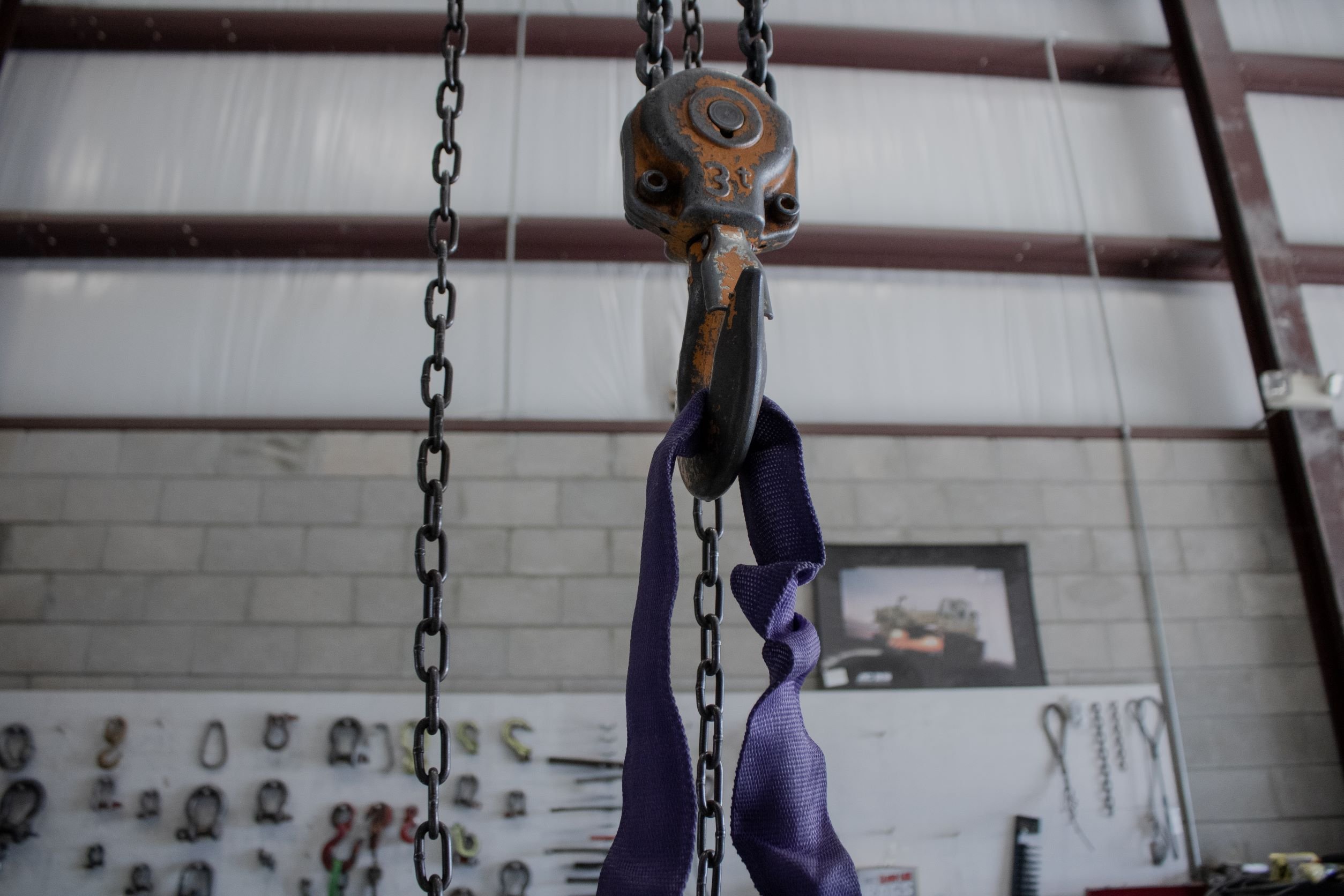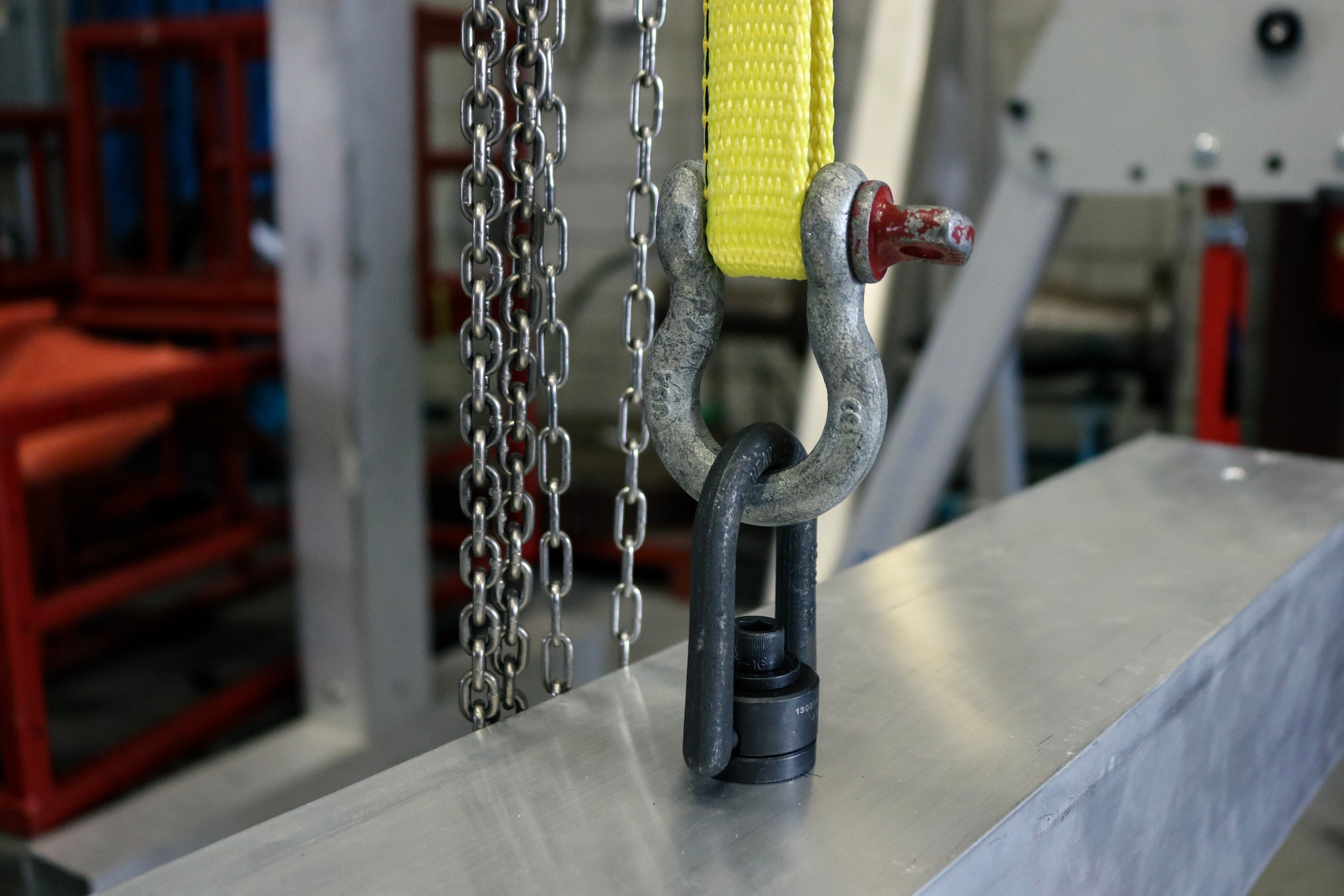
Rigger Training
Industry Leading Rigger Training With Subject Matter Experts.
Rigger Training Programs
Rigger Training Overview
Selecting, inspecting, and connecting rigging plays a significant role in safe lifting operations. Proper rigger training gives your personnel the knowledge, skills, and confidence to execute the job correctly.
Our rigger training courses help your employees continuously develop their expertise and skill sets, resulting in fewer accidents, improved productivity, and higher efficiency.
Rigger Qualification vs. Rigger Certification
OSHA requires employers to use a qualified rigger for any task related to hooking or unhooking a load from a crane. OSHA defines a qualified person as someone who, by possession of a recognized degree, certificate, or professional standing, or who by extensive knowledge, training and experience, successfully demonstrated the ability to solve/resolve problems relating to the subject matter, the work, or the project.
Rigger certification is a step beyond qualification. A rigger may receive certification to verify or enhance their capability by passing written and practical exams as determined by an accredited certification agency. While rigger certification helps to confirm a rigger's qualification, OSHA does not currently require rigger certification.
Rigger qualification and certification are unique from crane operator certification. A certified crane operator may have the knowledge or experience to serve as a qualified rigger. However, crane operator training is separate from rigger training. The employer must evaluate an operator's rigging experience and training to designate qualifications. Find out more about crane operator requirements here.


“I took the one-week Crane Operator course at Orlando. The program was run very well ... As I run the crane today, I still think about things he showed me in the training. I would recommend this course to anyone.”
Tom C. - Local 7 Plumbers and Steamfitters
Why Your Employees Need Rigger Training
Rigger training is essential for the following reasons:
Meeting and maintaining compliance: According to OSHA, employers are responsible for making sure their riggers are qualified. Formal documented training tailored to your company's rigging processes is one of the best ways to establish OSHA compliance.
Improving skills: With advancements in equipment and changing regulations, rigger training is a great way to align your employees' skills with their responsibilities.
Increasing safety and productivity: Your employees gain valuable knowledge for using the equipment safely and more efficiently, which helps prevent injuries while minimizing delays to project deadlines.
Connect With Experts From CICB
Rigging training courses include information, testing, and hands-on training to meet industry-leading safety practices. CICB offers several rigger training courses designed to meet specific industry standards based on your company's needs.
These courses take anywhere from one to five days, depending on the program's complexity and the goal of the attendees. Select a course to review the applicable standards and regulations covered.
Training sessions can take place at our facility or yours. All courses are taught by certified instructors and are fully customizable based on your needs. Contact us to assess which course is most applicable to your organization.
Partner with the Industry Leader
Why CICB?
-
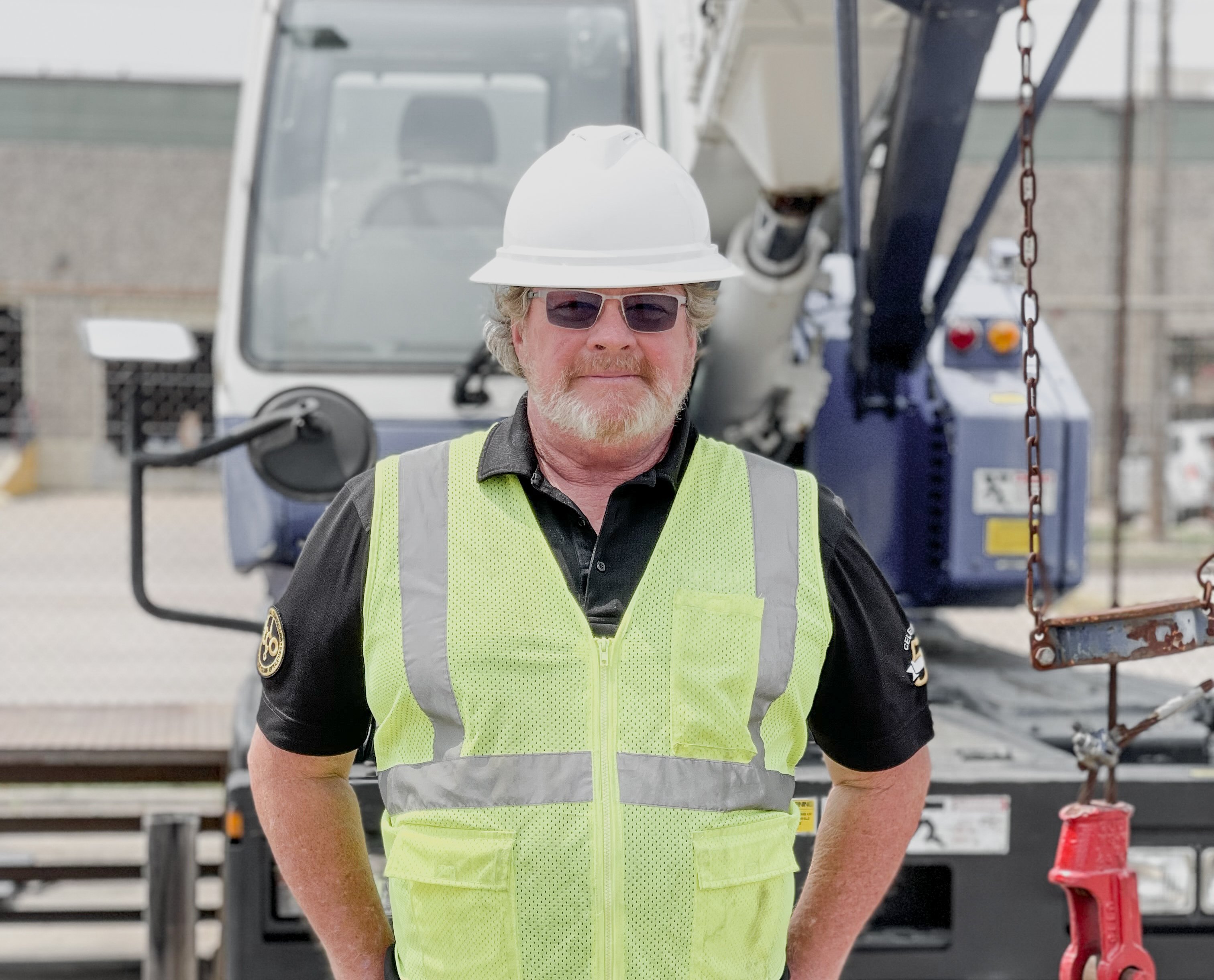
CCO Commissioner

John O'Connor is CICB's Houston Office General Manager and Career School Director and serves as an NCCCO Commissioner
-
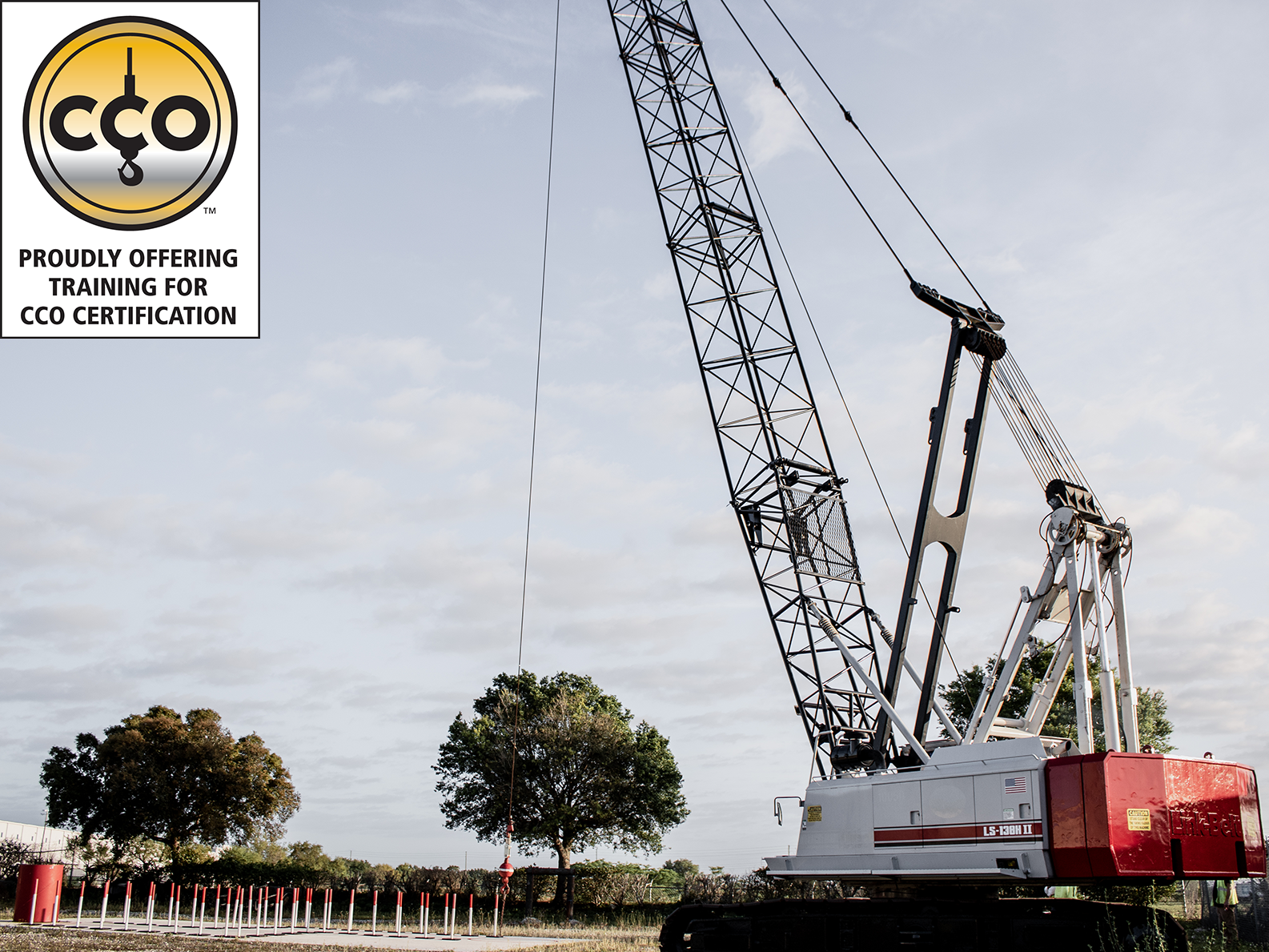
CCO Certified

CICB's instructors are CCO certified in the subject matters they teach and accredited as CCO Practical Examiners.
-
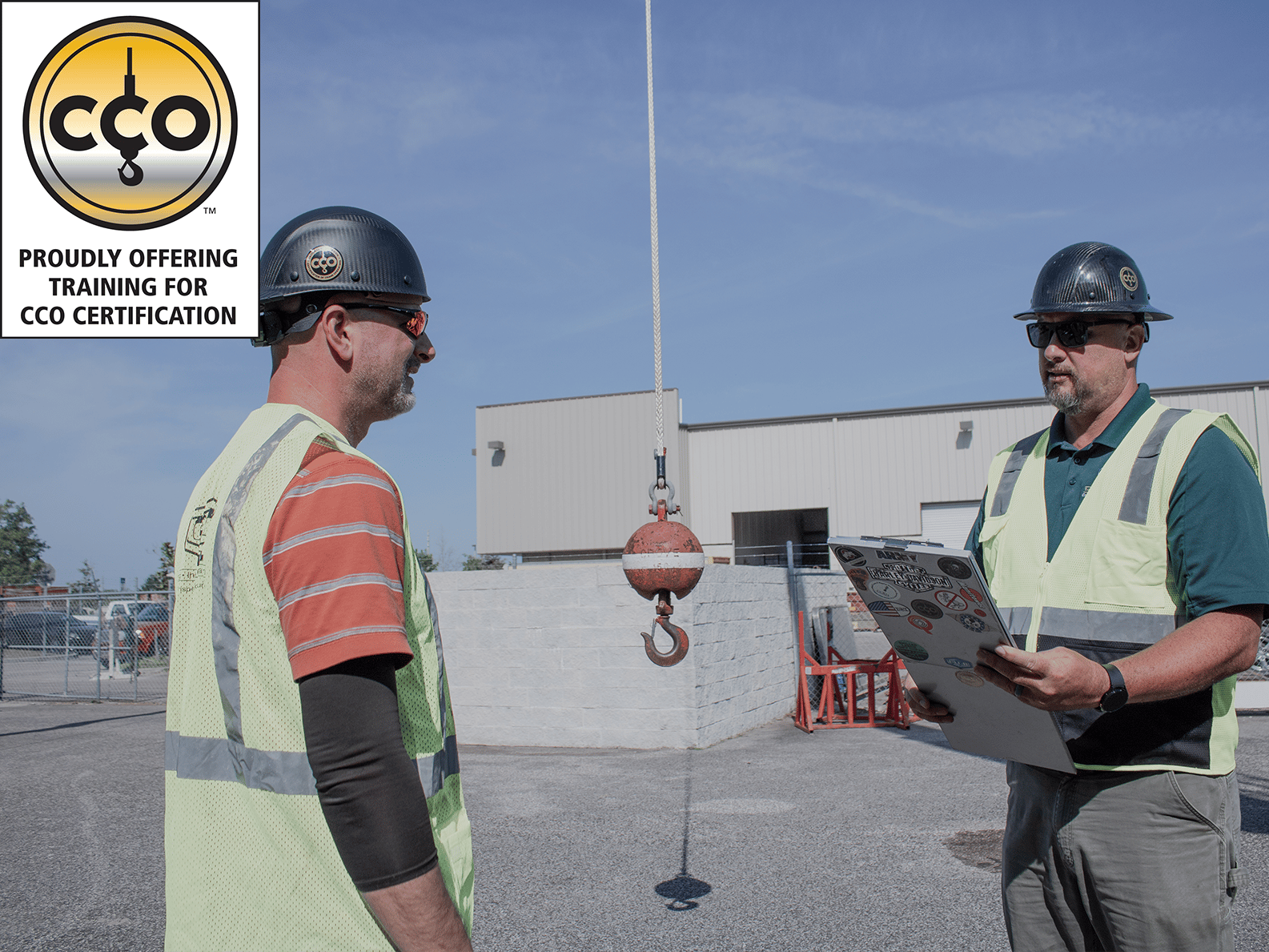
CCO Spanish Developer

CICB has partnered exclusively with the NCCCO since 2003. We were a major contributor in the development of Spanish testing during the pilot program phase.

